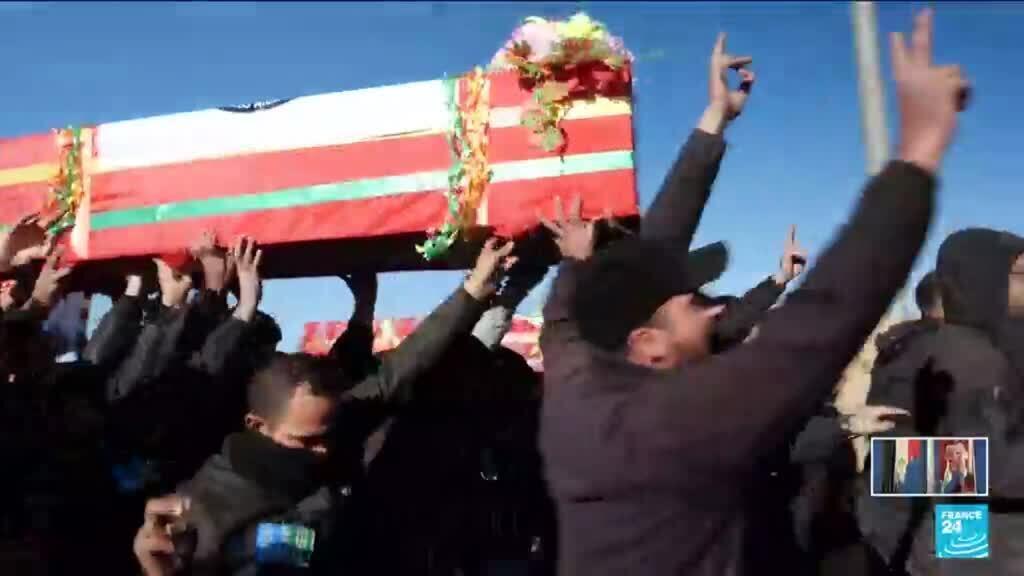Thousands of rescue workers were searching for survivors in freezing conditions on Wednesday after a devastating earthquake struck Tibet in western China, killing at least 126 people.
According to a preliminary survey in Shigatse, about 3,609 houses have been destroyed and a race is on to deliver tents, quilts and other relief materials to those in need.
What do we know about earthquakes
The 6.8-magnitude earthquake struck Mount Everest and Tibet’s most populous county, Tingri, about 75 kilometers (50 miles) from the Nepalese border.
It came just after 9 a.m. local time (0100 GMT/UTC) on Tuesday. Hundreds of tremors have been recorded.
It shook buildings in China’s southern neighbors Nepal, Bhutan and India.
Along with the dead on the Tibetan side, about 188 people are reported injured, with no deaths across the border yet to be announced.
Chinese officials have not yet estimated how many people are still missing. Temperatures in Tingri on Wednesday were well below zero degrees Celsius (32 degrees Fahrenheit), meaning many people may have been exposed to freezing temperatures overnight.
The county is at an average elevation of 4,500 meters (14,800 ft) above sea level.
Footage broadcast on Chinese state television showed families taking shelter in rows of blue and green tents that were quickly erected by soldiers and aid workers. More than 1,800 emergency rescue workers and 1,600 soldiers have been dispatched to the area.
Tingri, known as the northern gateway to Everest, operates from the city of Shigatse, the traditional seat of the Panchen Lama, one of the most important figures in Tibetan Buddhism.
State media reported there were no reports so far of any damage to the city’s Tashilhunpo Monastery, which was founded by the first Dalai Lama in 1447.
what have the leaders been saying
Chinese President Xi Jinping urged “complete search and rescue efforts, minimize casualties to the greatest extent possible, properly rehabilitate affected residents, and ensure their safety and warmth during the winter.”
Tibet’s spiritual leader the Dalai Lama said he was deeply saddened.
“I pray for those who have lost their lives and wish for the speedy recovery of those who have been injured,” said the Nobel Peace Prize laureate, who fled to India after the failed 1959 rebellion against Chinese rule.
rc/lo (Reuters, AFP, AP, dpa)






Leave a Reply